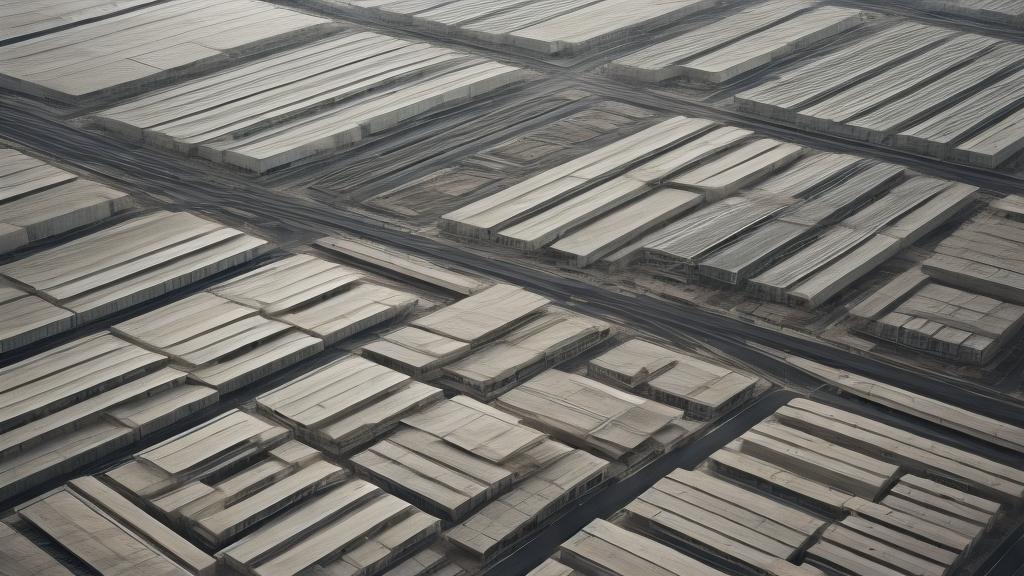The fashion industry, long associated with glamour and opulence, is undergoing a seismic shift. The term 'sustainable luxury’ might seem like an oxymoron, but it's becoming the new norm. As consumer consciousness evolves, brands are realizing that luxury isn't just about opulent materials and exclusive designs; it's also about the ethical backstory that accompanies them. Smarter audiences mean savvier demands and expectations. They want fashion that speaks not only to their style but also to their values.
Luxury brands are responding by integrating sustainable practices into everything they do. This includes sourcing materials responsibly, ensuring fair labor practices, and even considering the environmental impact of their productions. Designers like Stella McCartney have been at the forefront, challenging the status quo by using alternative materials and transparent practices. However, it's not just about new materials. Brands like Gucci are leading the way by reducing their carbon footprint and investing in offset projects. These efforts appeal to a growing demographic that sees conscientious consumerism as a badge of honor.
Celebrities and influencers are further amplifying this message. Emma Watson, known for her commitment to sustainability, made headlines by embracing 'green carpet' fashion, demonstrating that ethical choices don't mean sacrificing style. Her appearances in carefully thought-out outfits crafted from sustainable materials resonate far beyond the red carpet. Social media has played a crucial role in this shift, offering influencers not just the opportunity but an imperative to hold the industry accountable.
But what does 'sustainable luxury' really mean? It's not just about using recycled materials or offsetting carbon emissions. At its core, it's about a holistic approach to fashion—rethinking production cycles, repurposing what would be waste, and ultimately, redefining what it means to own luxury items. Circular fashion, a concept gaining traction, is essential to this new luxury standard. By designing pieces that are meant to be lasting, brands are moving away from the relentless churn of fast fashion.
The paradigm shift in the industry portfolio means that consumers are also changing their purchasing patterns. There is an increasing demand for transparency about where materials are sourced from and the conditions under which clothes are made. Brands that fail to provide this information find themselves at a competitive disadvantage. Enter blockchain technology—a tool that could transform transparency in fashion supply chains. By allowing brands to track and record every step of the production process, consumers can have access to vital information about their purchases.
As this momentum grows, the barriers between tradition and innovation continue to blur. While some seasoned luxury brands were initially hesitant to embrace these changes, fearing the dilution of exclusivity, they are gradually recognizing that sustainability can also be a form of luxury. The key to this evolution has been recognizing the value of craftsmanship, and how that can align with sustainable and ethical business practices.
The impact of sustainable luxury extends beyond fashion. It trickles down to consumer behavior in all sectors. Just as organic food has passed from niche to mainstream, sustainable fashion is teetering on this edge. The fashion sector, notorious for its high environmental impact, cannot afford to ignore this shift.
Investors, too, are reassessing the value. 'Sustainability' isn't merely a buzzword but a market trend that's already started influencing stock markets and investments. Brands that align with ethical practices watch their equity climb as they gain favor not just in press but with share prices, ensuring long-lasting legacies founded not just on aesthetics, but on principles.
So, what lies ahead for sustainable luxury? As technology advances and innovation becomes more ingrained, one can expect to see new materials, novel recycling processes, and even bioengineered textiles becoming the norm. The global luxury market is being pressed to innovate—not just to stay relevant, but to set new standards.
In conclusion, the marriage of sustainability and luxury is no longer a fledgling trend—it is a robust movement. Consumers, designers, and the industry at large are recognizing this seismic shift, preparing for a future where luxury and ethics are no longer separate entities, but a singular path forward. The challenge remains in ensuring that all stakeholders are not only participants in this evolution but champions of a movement that is shaping the future of fashion for the better.
The rise of sustainable luxury: ethical fashion statements

